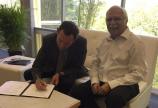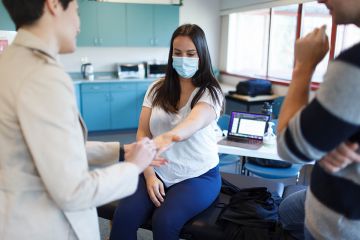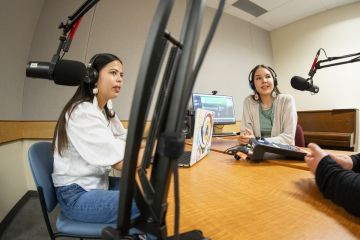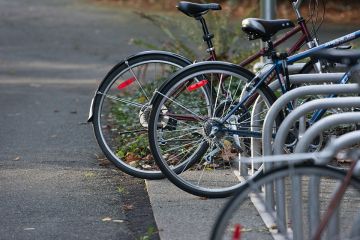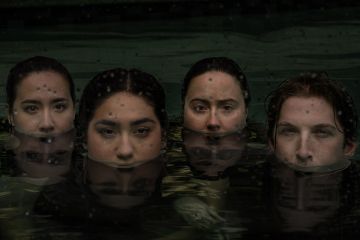Global consortium trains community-based researchers

The University of Victoria and UNESCO are working together to create and deliver community-based research training to tackle local and global health and education needs.
The initiative is being led by Budd Hall, professor of community development in UVic’s School of Public Administration, and Rajesh Tandon, founding president of Participatory Research in Asia. They’re UNESCO co-chairs in Community Based Research and Social Responsibility in Higher Education.
Now entering a second four-year term, Hall and Tandon are continuing their work assisting countries around the world to build knowledge societies through training in community-based research (CBR).
To move their work forward—training young researchers at the local level—Hall and Tandon have launched a multi-partner global consortium. “Knowledge for Change” (K4C) was unveiled in Ottawa in December and in New Delhi in November.
At the Ottawa event, the Canadian Commission for UNESCO and UVic discussed plans to enable local CBR training hubs in Brazil, India, South Africa, Uganda, Ghana, Indonesia, Europe and Canadian First Nations communities. The Ottawa event featured seven keynote speakers including Sebastien Goupil, secretary general for the Canadian Commission for UNESCO, and David Castle, UVic’s vice-president research.
“UVic has a strong history with community-based research,” says Castle. “Engaged scholarship is an important component of many of our disciplinary and sectoral areas. There is significant potential for co-construction of knowledge and action in response to the complex challenges facing our communities, be it locally or globally.”
“It’s essential for us to share the good work we’re doing here at UVic and internationally,” says Hall, who moderated the Ottawa event. He adds that UVic is seen as a world leader in CBR through its support of UNESCO’s global agenda.
The 21-week training program began in January with 25 learners from Canada, Indonesia, Italy and India. Hall and Tandon are teaching the first cohort. Research will be based on local needs such as sanitation, water pollution, waste disposal—all real-life problems that can be framed and shared as case studies for policy-making.
“The overall perspective here,” says Tandon, “is one of making democracy work for all through knowledge and research.”
Photos
In this story
Keywords: community, research, international, UNESCO, public administration
People: Budd Hall
Publication: The Ring

